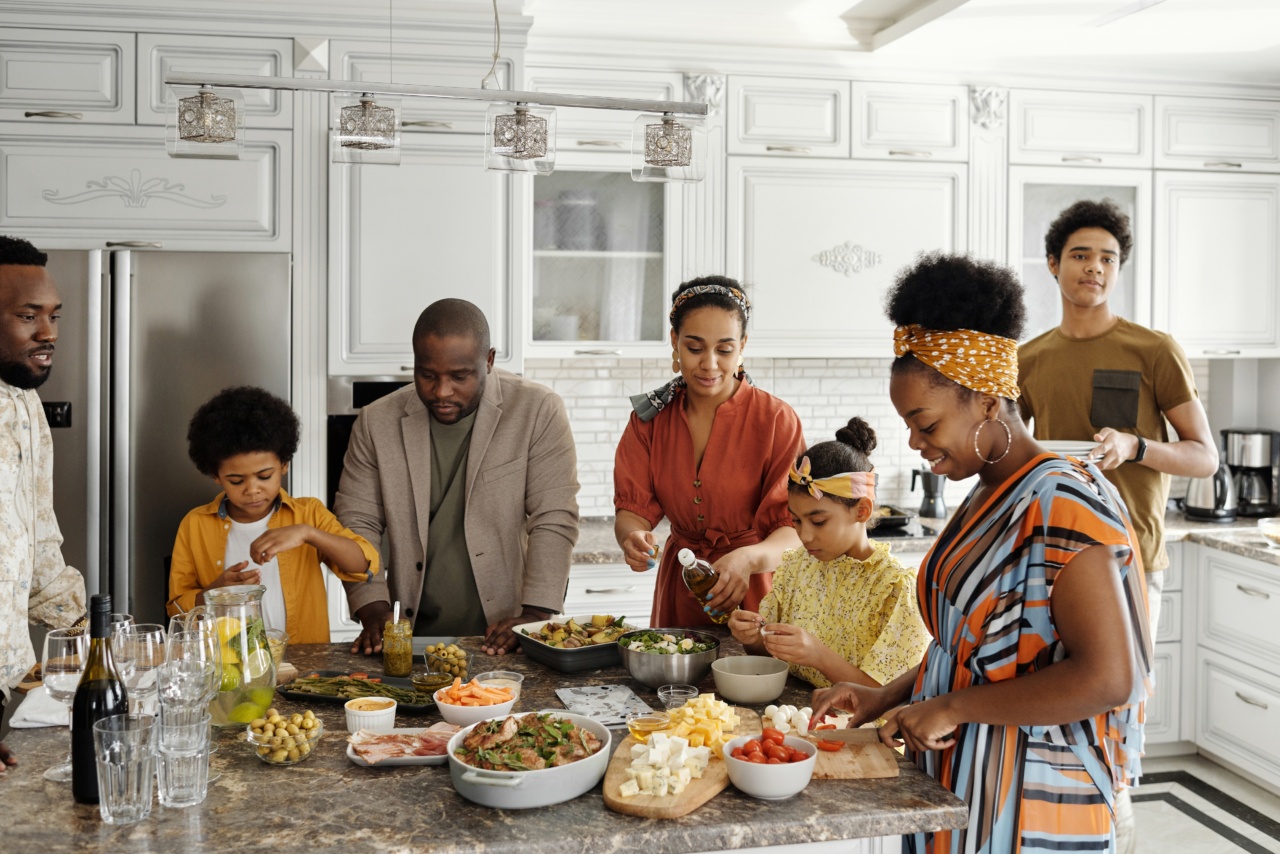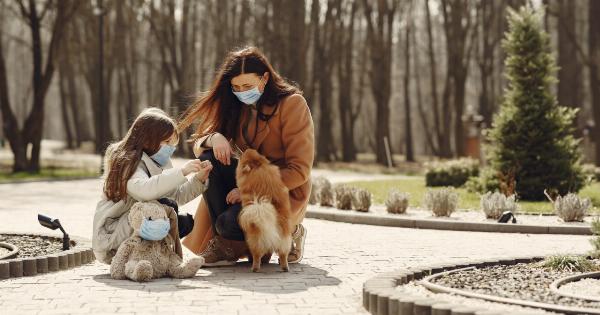The holiday season is always an exciting time for kids with plenty of fun activities, gifts, and lots of mouth-watering delicacies. However, as much as the season is filled with joy and excitement, it also poses several risks to children.
As a parent or guardian, it is up to you to ensure that your child is safe and healthy throughout the holiday season. Here are some holiday safety tips for kids that will help keep your little ones safe and happy this holiday season.
1. Have a Safe and Comfortable Sleeping Area
When visiting family and friends for the holidays, it’s essential to ensure that your kids have a comfortable and safe sleeping area. Try to make sure that your child sleeps on a stable surface that has a clean and comfortable mattress.
Remove any objects that could pose a strangulation or choking risk, as well as those that may fall and cause injury. Ensure that the sleeping area does not have any loose wires or electrical cords as well.
2. Keep Kids Away from Hazardous Items
The festive season is packed with decorations and other holiday items that could pose risks to children. It’s essential to keep hazardous items such as candles, lighters, matches, and fireworks out of reach of children.
If you must use candles, ensure they are placed out of reach of your children or in flame-resistant holders. Additionally, ensure that your children stay away from alcohol, as it can cause several health problems, including poisoning or unconsciousness.
3. Dress Your Children Appropriately for the Weather
The holiday season is often marked by cold weather, snow, and ice. If you live in an area with cold weather, ensure that your kids are dressed appropriately for the weather conditions.
Children should have warm clothes and jackets, hats, gloves, and boots. If they are participating in outdoor activities, be sure to use sunscreen, as the harmful UV rays can still affect them even in cold weather.
4. Supervision is Key
Adult supervision is crucial, especially during the holiday season. Whether your kids are indoors or outdoors, it’s essential to have an adult with them at all times.
You can designate family members or friends to watch over your kids or take turns with other parents. Additionally, ensure that all toys and games are age-appropriate and are used under adult supervision.
5. Avoid Food Contamination
The holiday season is notorious for lots of delicious and mouth-watering foods. It’s important to ensure that the food your children eat is safe and uncontaminated.
Teach your children basic hygiene practices such as washing their hands before eating and also rinsing fruits and vegetables. Also, ensure that all food is properly cooked and cooled to prevent food poisoning.
6. Be Vigilant at Crowded Places
During the holiday season, malls, parks, and other public places can be extremely crowded, making it hard to keep an eye on your children. Always hold your child’s hand or keep them within your sight whenever you are in crowded places.
Additionally, teach them to identify and seek help from people in uniform should they get lost or separated from you.
7. Follow the Rules of the Road
Teach your children about road safety rules such as stopping, looking both ways, and crossing the road at designated crosswalks. Make sure you supervise them and hold their hand at all times when crossing the road.
Additionally, ensure that they are wearing bright and reflective clothing to be visible to motorists while walking or cycling after dark.
8. Watch Out for Choking Hazards
During the holiday season, it’s common for visitors and relatives to bring small gifts or toys for children. While the gesture is appreciated, it’s important to ensure that the items are age-appropriate and do not pose a choking risk to children.
Toys and gifts with small parts or easily breakable parts should be kept away from young children.
9. Teach Kids to Swim Safely
If you plan to spend time in the water with your children during the holiday season, ensure that they know the basic water safety rules. Teach them how to swim and avoid running around the pool area.
Always supervise them while they are in or near water, and make sure they wear life jackets if they are not good swimmers.
10. Keep Emergency Numbers Handy
Lastly, ensure you have important emergency contacts such as the local police, ambulance, and fire station numbers handy. If the worst happens and your child is injured, you should be able to contact emergency services immediately.
Also, have your child’s medical information and allergies written down in case of an emergency.






























